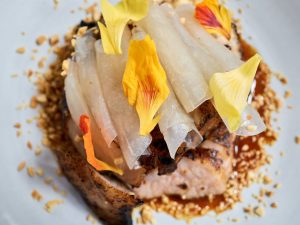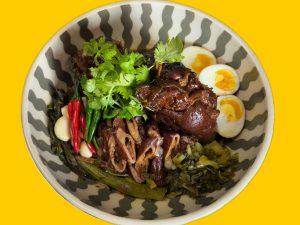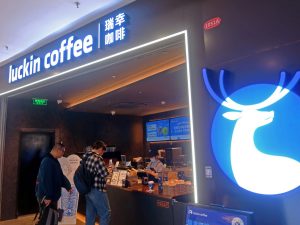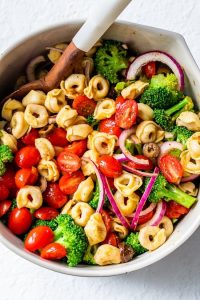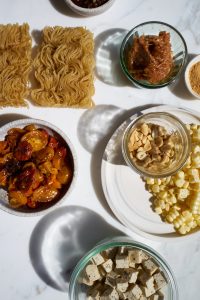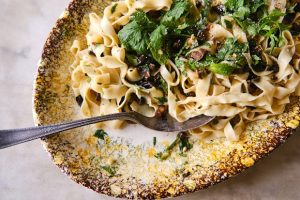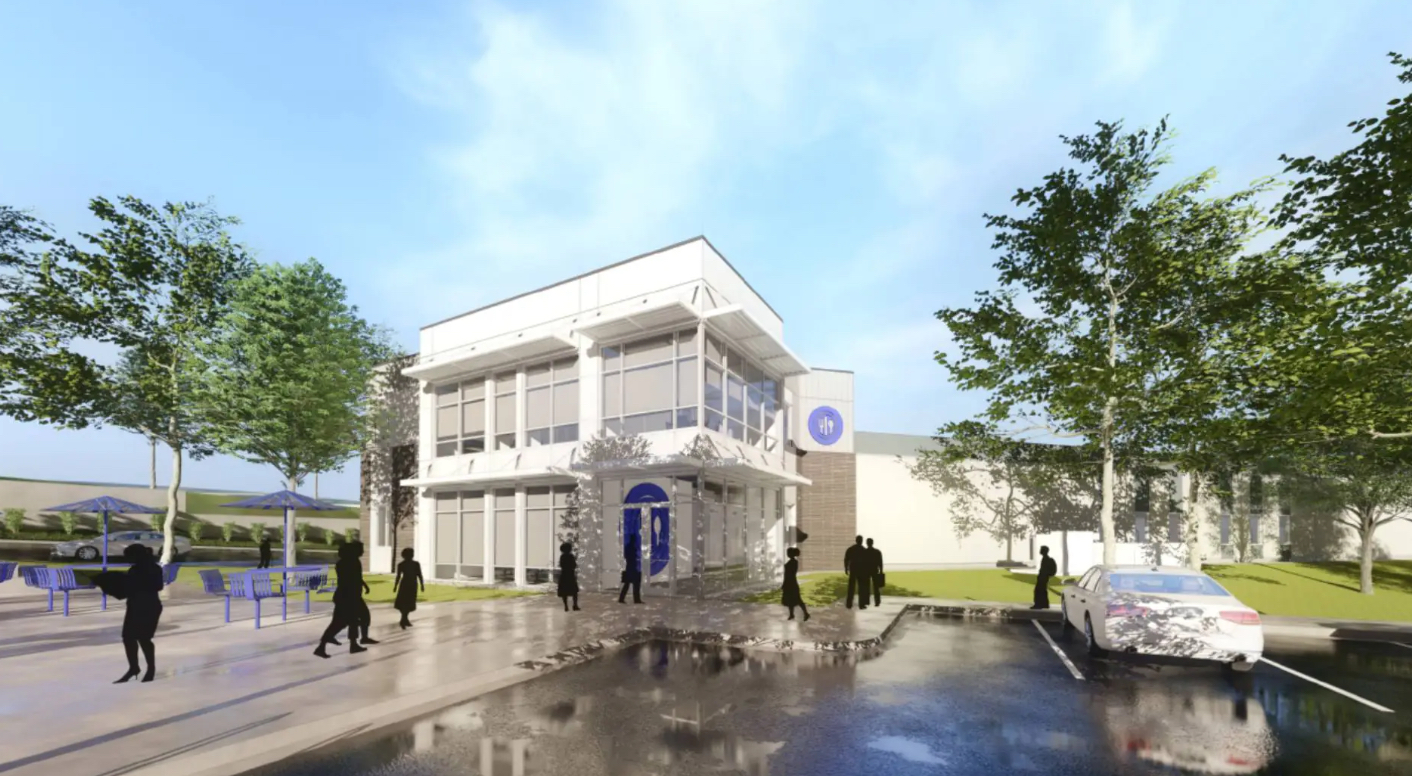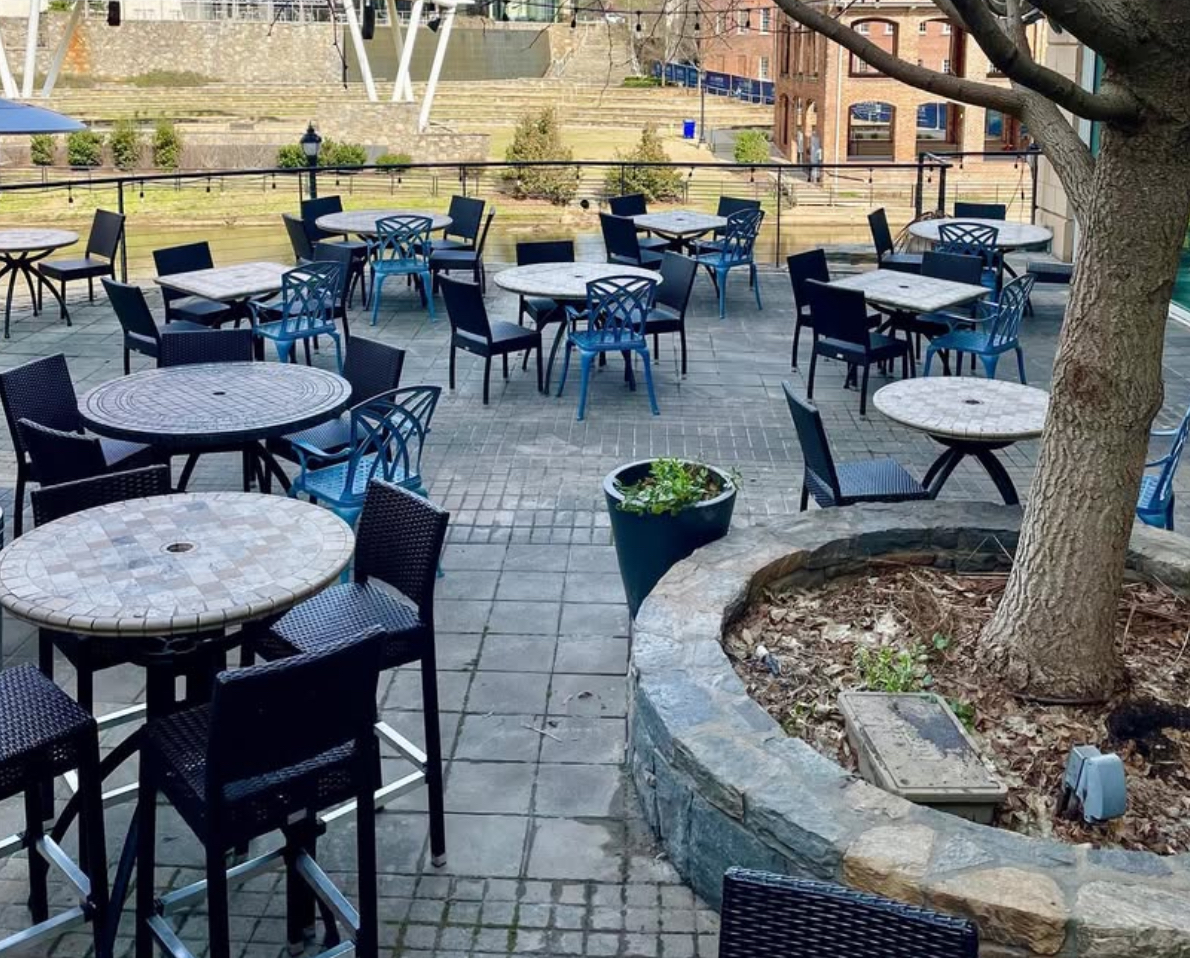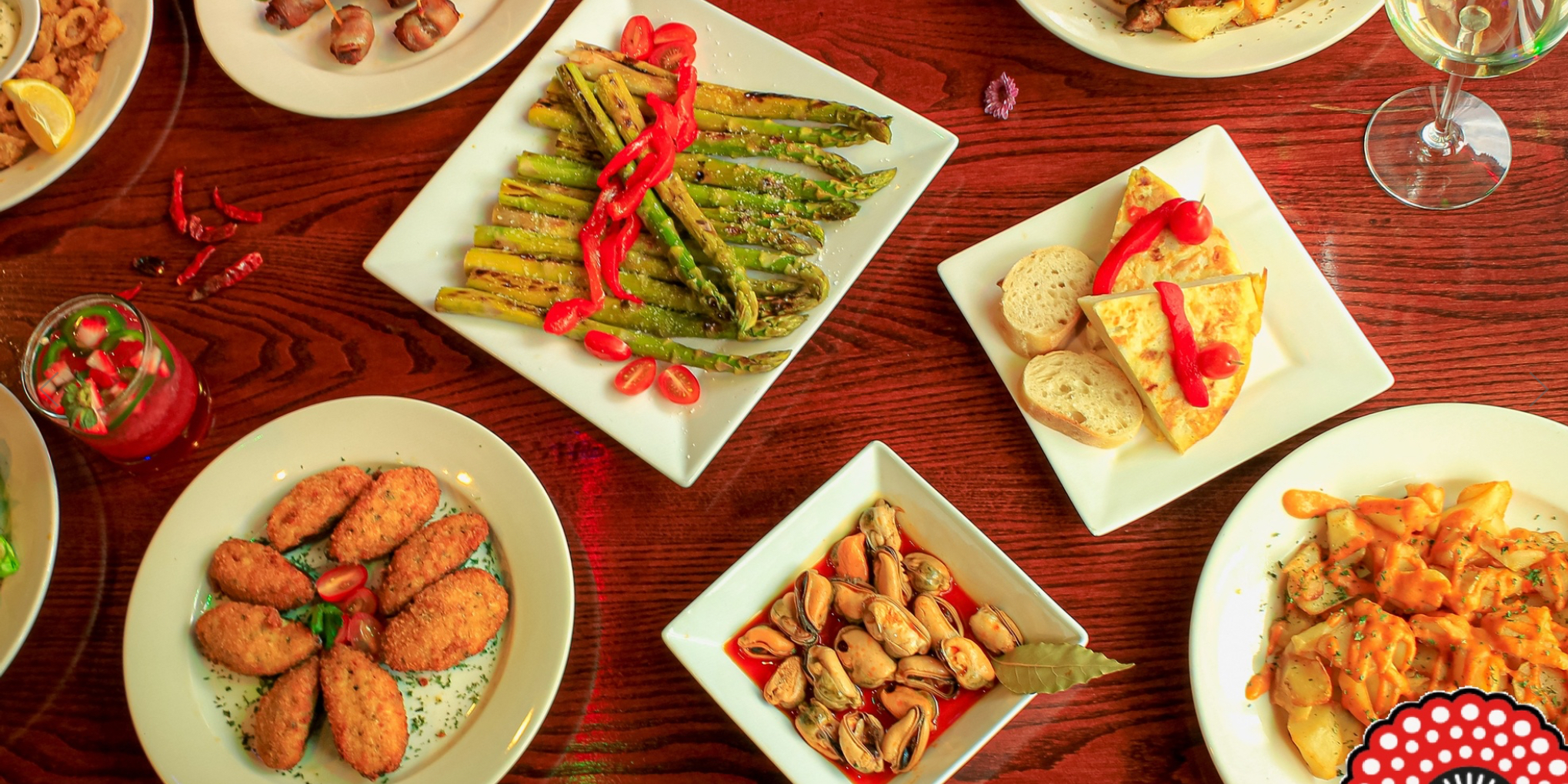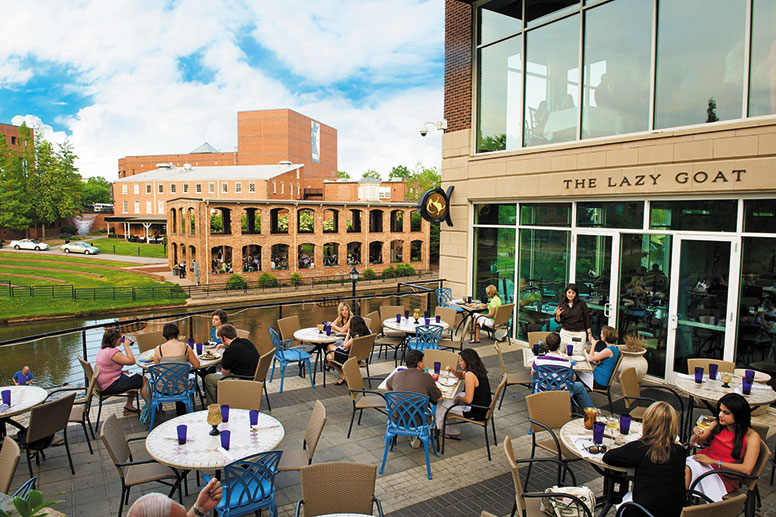
Culinary Sustainability Insights
Discovering Sustainable Dining: Steve Sietz’s Farm-to-Table Vision at Tabale 301
Have you ever wondered what it takes to truly connect our dining experiences with the land around us? At Tabale 301, Steve Sietz is crafting a vision that’s as delicious as it is sustainable, embracing the farm-to-table ethos in every dish. As the COO, Steve is at the forefront of culinary innovations, navigating the delicate balance of local sourcing and eco-friendly practices that elevate restaurant sustainability to new heights. His insights into the challenges and triumphs of sourcing fresh ingredients locally not only shape the future of gastronomy trends in Greenville, SC, but also serve as a beacon for other restaurants aiming to make a positive impact. Join us as we delve into Steve’s inspiring journey and discover how his passion for sustainable dining is creating ripples throughout the community.
Steve Sietz’s Vision for Sustainable Dining
Steve Sietz, COO of Tabale 301, is revolutionizing the culinary landscape with his commitment to sustainable dining. His vision goes beyond just serving great food; it’s about creating a dining experience that respects the environment and supports local communities.
Embracing Farm-to-Table Principles
Farm-to-table isn’t just a buzzword for Steve Sietz; it’s a way of life. At Tabale 301, every dish tells a story of local produce and sustainable practices.
The kitchen team works closely with nearby farms, ensuring that ingredients travel the shortest distance possible from field to plate. This not only guarantees freshness but also significantly reduces the carbon footprint of each meal.
Sietz believes that by showcasing the best of local produce, Tabale 301 can educate diners about the importance of seasonal eating and supporting local agriculture. It’s a win-win situation: customers enjoy exceptionally fresh, flavorful dishes, while local farmers receive consistent support for their hard work.
Culinary Innovations at Tabale 301
Innovation is at the heart of Tabale 301’s kitchen. Sietz encourages his team to push culinary boundaries while staying true to sustainable principles.
One of their most exciting initiatives is the “zero-waste” menu, where every part of an ingredient is utilized. From root to stem, the chefs find creative ways to incorporate typically discarded parts into delicious dishes, reducing food waste dramatically.
The restaurant also experiments with fermentation and preservation techniques, allowing them to extend the use of seasonal produce year-round. This not only adds unique flavors to their dishes but also helps manage the ebb and flow of local ingredient availability.

Navigating Local Sourcing Challenges
Local sourcing is a cornerstone of Tabale 301’s philosophy, but it comes with its own set of challenges. Sietz and his team have developed strategies to overcome these hurdles, ensuring a consistent supply of high-quality, local ingredients.
Overcoming Ingredient Scarcity
Seasonal variations and unpredictable weather patterns can lead to ingredient scarcity, a common challenge in farm-to-table restaurants. Sietz tackles this head-on with a multi-faceted approach.
Flexibility is key. The kitchen team at Tabale 301 is trained to adapt quickly, creating new dishes based on available ingredients. This not only solves the scarcity issue but also keeps the menu exciting for regular customers.
Preservation techniques play a crucial role too. During peak seasons, the restaurant preserves excess produce through pickling, canning, and fermenting. This allows them to enjoy local flavors even when fresh produce isn’t available.
Lastly, Sietz has implemented a diverse supplier network. By working with multiple local farms, the restaurant can usually find alternatives when one supplier faces shortages.
Building Relationships with Farmers
For Sietz, the farm-to-table concept is as much about relationships as it is about food. Building strong connections with local farmers is crucial to Tabale 301’s success.
Regular farm visits are a part of the restaurant’s routine. Chefs and staff members spend time understanding the farming process, which helps them appreciate the ingredients they work with and fosters a sense of shared purpose with the farmers.
Sietz also believes in fair pricing. By paying farmers a premium for their produce, Tabale 301 ensures the sustainability of local farms. This commitment to fair trade has earned the restaurant loyal suppliers and consistently high-quality ingredients.
Communication is key in these relationships. Sietz maintains open dialogues with farmers about crop planning, allowing the restaurant to influence what’s grown based on their menu needs.

Inspiring Eco-Friendly Restaurant Initiatives
Sietz’s vision extends beyond Tabale 301. He’s on a mission to inspire other restaurants to adopt eco-friendly practices, believing that collective action can make a significant impact on the industry’s sustainability.
Community and Environmental Benefits
The benefits of sustainable dining practices extend far beyond the restaurant walls, positively impacting both the community and the environment.
By sourcing locally, Tabale 301 helps keep money within the community, supporting local farmers and producers. This economic boost has a ripple effect, contributing to the overall prosperity of the area.
Environmentally, the restaurant’s practices lead to reduced food miles, lowering carbon emissions associated with transportation. The focus on seasonal produce also aligns with natural growing cycles, reducing the need for energy-intensive greenhouse cultivation.
Waste reduction initiatives at Tabale 301 have significantly decreased the amount of food ending up in landfills. This not only reduces methane emissions but also sets an example for other businesses and households in the community.
Shaping Future Gastronomy Trends
Sietz’s innovative approach at Tabale 301 is not just changing the local dining scene; it’s influencing future gastronomy trends on a broader scale.
The success of Tabale 301’s sustainable model is inspiring other restaurants to adopt similar practices. Sietz frequently shares his insights at industry conferences and through culinary publications, spreading the message of sustainable dining.
Education is a key component of Sietz’s vision. Tabale 301 offers workshops and training sessions for other restaurant professionals, teaching them about sustainable sourcing, waste reduction, and eco-friendly operations.
Looking ahead, Sietz is working on developing a sustainability certification program for restaurants, similar to existing environmental initiatives. This program aims to provide clear guidelines and recognition for restaurants committed to eco-friendly practices, further driving the industry towards a more sustainable future.









